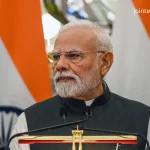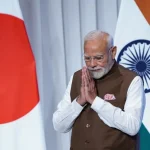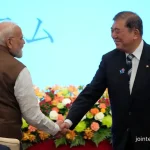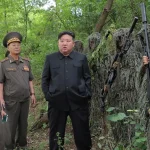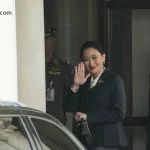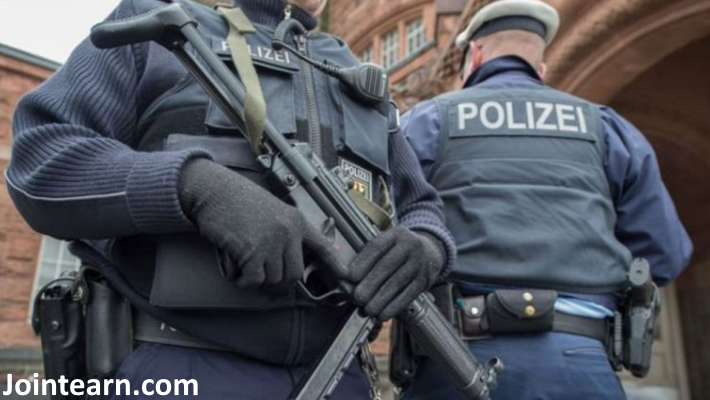German President Frank-Walter Steinmeier dissolved parliament on Friday and confirmed the early general election will take place on February 23, following the collapse of Chancellor Olaf Scholz’s government last month.
Scholz’s coalition fell apart due to internal disputes over how to revive Germany’s economy, but the deadly car-ramming attack at a Christmas market in Magdeburg last week has reignited heated debates about security and immigration in the country.
While confirming the election date, Steinmeier called for political stability and urged that the campaign be conducted with respect and decency.
The attacker, 50-year-old Saudi doctor Taleb al-Abdulmohsen, was arrested at the scene of the attack, which left five people dead and over 200 injured. Interior Minister Nancy Fraser stated that Abdulmohsen held Islamophobic views, though his exact motives remain unclear.
In the wake of the attack, Chancellor Scholz urged Germans to stand united and not allow hatred to dictate their society.
The conservative CDU/CSU party, led by Friedrich Merz, is leading in the polls with around 32 percent. Even before the attack, the party had pledged a tougher stance on immigration and a rightward shift on social and economic policies.
Steinmeier also emphasized the importance of a fair and transparent campaign, warning against foreign interference and the dangers of hate, violence, and intimidation. “Such actions have no place in this election campaign,” he said. “All of this is poison for democracy.”


